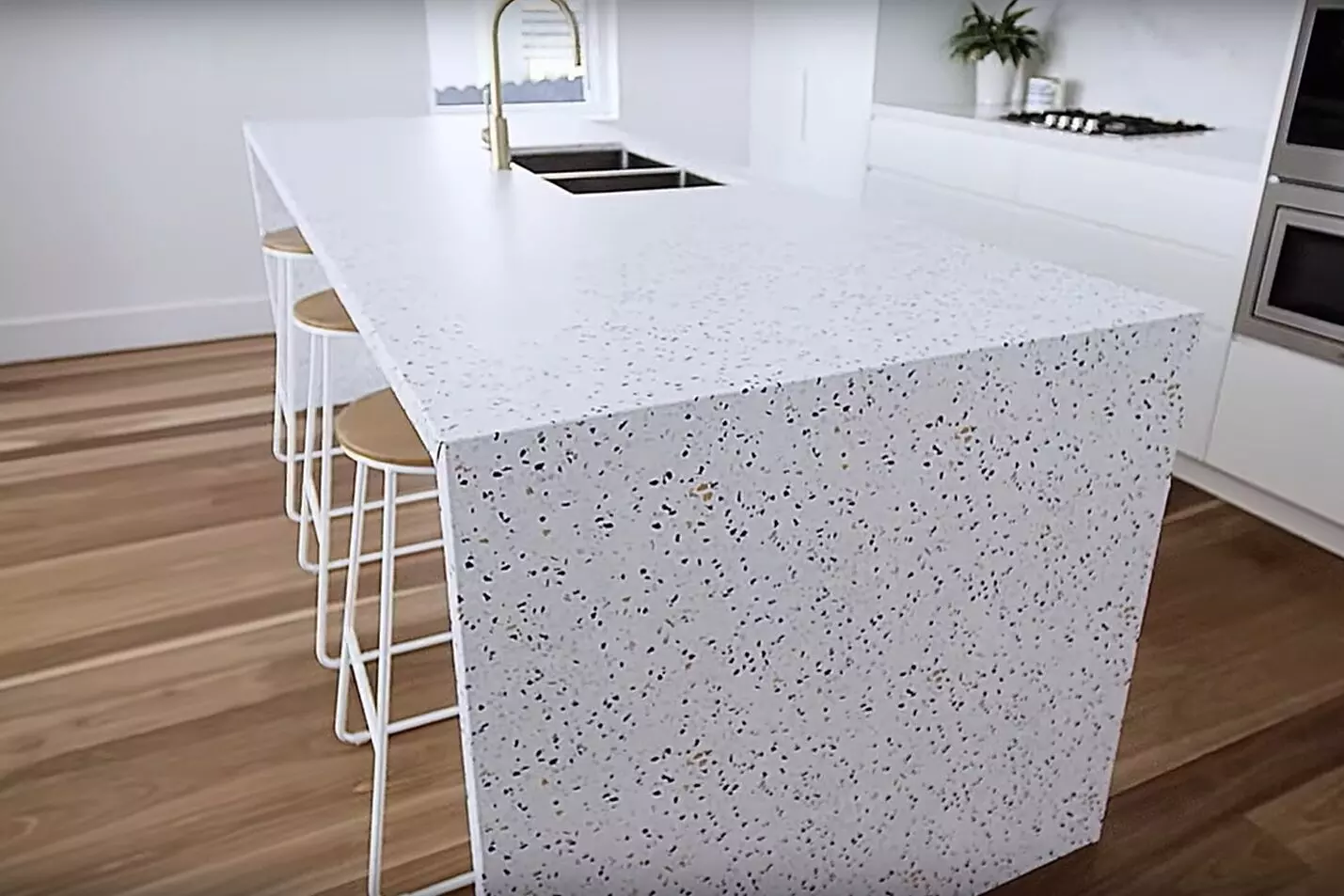TRENDING TAGS :
Australia first country in world to ban engineered stone
This stone is very popular in kitchen and bathroom vanities in Australian homes. This decision has been taken due to the continuously increasing cases of silicosis, a disease that weakens the lungs, among the workers cutting and preparing these stones. The ban will come into effect from July next year.
Upgrade Your Cooking: Essential Kitchen Appliances
Australia has decided to ban engineered stone. It will be the first country in the world to do so. The administration has taken this step after almost a year-long campaign by doctors, trade unions and workers.
This stone is very popular in kitchen and bathroom vanities in Australian homes. This decision has been taken due to the continuously increasing cases of silicosis, a disease that weakens the lungs, among the workers cutting and preparing these stones. The ban will come into effect from July next year.
Engineered stones are artificially made stones. These are made from stone powder. These contain up to 90 percent quartz powder and the remaining part is mixed in the form of metal and colored glass. Popular as a durable and affordable alternative to natural stones like marble and granite, this stone is proving to be dangerous for the health of workers. The administration will also ban the import of stones in this regard. However, no date has been fixed for this at present.
Artificial stone has become very popular in the last two decades. Engineered stone was considered the 'asbestos of the 2020s' due to the increasing cases of silicosis disease. Asbestos is a poisonous chemical, which is used in building construction. In view of its dangers, asbestos is banned in 55 countries of the world. America is also concerned about the increasing use of this artificial stone, where its market is continuously increasing.
According to the journal Nature, more than 27 lakh cases of silicosis were reported globally in 2019 and 23 crore workers were at risk of contracting the disease. Most of them were working in the unorganized sector or were migrants. According to the International Labor Organization, experiences from some countries show that it is possible to reduce the incidence of silicosis with appropriate prevention programs. To date, countries where national programs for silicosis elimination have been implemented include Brazil, Chile, China, India, Peru, South Africa, Thailand, Turkey and Vietnam.
More than 600,000 workers are exposed to harmful silica dust in Australia.
For the first time in 2015, a case of silicosis disease related to working on engineered stone came to light.
In 2020, the Queensland administration announced that thousands of mine workers would be given lung tests for free.
A national ban on the manufacture, supply and use of products made from engineered stones was announced in late 2023.



